Eyes are a crucial part of your body and your health, seeing and making sense of them. But some eye diseases can lead to vision loss, so it is important to see an ophthalmologist as soon as possible if you suspect any problem in your vision. It is essential to keep your body healthy; you also need to keep your eyes healthy.
You can do some basic things in your daily life to protect your vision or eye-related diseases. Here are some methods to keep your eyes healthy.
Method 1 of 3
Eat eye-healthy, balanced diet
• Eat food that contributes to good eye health: A good healthy balanced diet is going to be good for your eyes. Vitamin-C,E,A
• Eat Vitamin-C rich source: Take plenty of Vitamin-C rich sources found in fruits and vegetables such as oranges, lemon, strawberries, broccoli, bell peppers, brussels sprouts. It has ascorbic acid, an antioxidant; hence it can lower the risk of developing cataract and visual acuity loss.
• Eat food that contains vitamin-E: Intake vitamin E rich sources in your daily diet, including nuts, seeds, wheat germ, vegetable oil . vitamin-E prevent cataract and age-related macular degeneration.
• Eat food containing Omega-3 fatty acids: Omega-3 fatty acids may help protect adult eyes from dry eye syndrome and macular degeneration and decrease the risk of glaucoma.
o Eat cold-water fish, including sardines, salmon, tuna, herring, or you can get Omega-3 supplements daily if you do not love to eat fish.
o You can eat green leafy vegetables rich in Omega-3, such as Brussels sprouts. Eat walnuts, flaxseeds, flaxseed oil.
• Eat lutein and zeaxanthin contain foods: Eat broccoli, peas, kale, spinach. These Vegetables are good sources of zeaxanthin and lutein, which help protect your eyes from harmful high-energy light waves such as ultraviolet rays in sunlight.
o Eat carrot, which contains antioxidants lutein, beta carotene that leads to your better eyesight.
• Eat zinc foods: Eat shellfish, peanuts, beef, pork, legumes in your diet, which is rich in zinc mineral that helps to maintain the health of the retina, proteins of the eye cell.
Method 2 of 3
Lead eyes care lifestyle
• Use allergen reducing eye drop: Use allergen eye drop during allergy season. It may help ‘get the red out’ and soothe itchiness.
o Please don’t use it daily. It can make the problem worse.
o Read the eye label carefully, especially if you wear the contacts.

• Wear UV protective sunglasses: Sun ray is very powerful and can damage the sensitive part retina if exposed to full sunlight. So you must always wear sunglasses if you are outside and the sun is shining. It will protect your eyes from harmful UV Ray’s.
o Wearing sunglasses can help prevent eyesight loss as exposure to UV rays has been linked to cataract, pinguecula, macular degeneration, and harmful Conditions for eyes.
o Wear sunglasses even if you are in the shade even though shade lessens UV and HEV exposure significantly. Shield your children with a hat and wearing glasses.
• Get plenty of sleep: Make sure that you get enough sleep of 7-8 hours per night to prevent eye fatigue. Inadequate sleep may cause eye fatigue symptoms to include eye irritation, blurred or double vision, dryness, or excessive tears.
• Do exercise regularly: Regular exercise for at least 15-30 minutes helps prevent diseases like glaucoma and macular degeneration and keep your eyes healthy.
o Do eye exercises such as rolling your eyes, blink break, palm eye exercises.
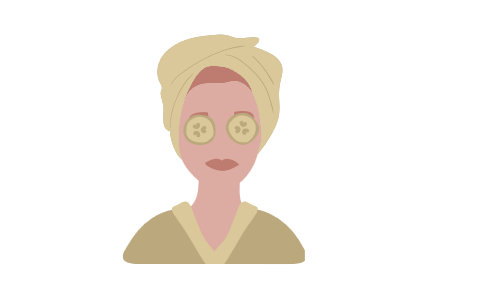
• Place cucumber slices on your eyelid: Press cold cucumber slices gently against your eyelid for 10-15 minutes before sleep. It can reduce under-eye puffiness.
• Remove your makeup at the end of the day: Always remove your makeup before sleeping. If you go to bed with eyeliner or eyeliner, it can get into your eyes and irritate.
o Avoid wearing contact lenses for more than 19 hours; otherwise, it can cause permanent vision damage and discomfort for your eyes.
o Never sleep with contact lenses unless your doctor, mostly to do so.
• Visit an eye care practitioner regularly: Seeing to an opthalmologist or optometrist to keep your eyes healthy, specialists periodically check your eyes. Ask questions to your doctor about vision and other eye-related diseases and how to prevent your eyes from these diseases.
o If you don’t have any vision problem, you should visit an eye care practitioner every 1-2 years.
Method 3 of 3
Protect your eyes while using a computer or mobile phones
• Limit your time looking at computers, tablets, and mobile phones: Using computers or phones for a long time may cause eye strain or dry eyes. The glare from the computer screen causes muscle fatigue in the eyes, either being. Too bright or too dark. You can use some technique to give a break to your eyes if you can not limit your time.
o Remember to blink every 30 seconds if you’re sitting down and looking at your computer screen. Keep your eyes at the level with the screen.
o If your eyes feel tired, take a break or stop using the computer for a while.
• Work in well-lit areas: Working or reading in dim light can cause eye strain but not damage. Work or read in the regions that are well-lit to make yourself comfortable.
• Follow the 20-20-20 rule to exercise your eyes: 20 minutes look at something 20 feet for 20 seconds. It can help your eyes to take a break from the screen.
• Keep distance from the screen: Try keeping the monitor or screen at arm’s length, about 25 inches away.
to know more about caring your your skin naturally at home, click here…
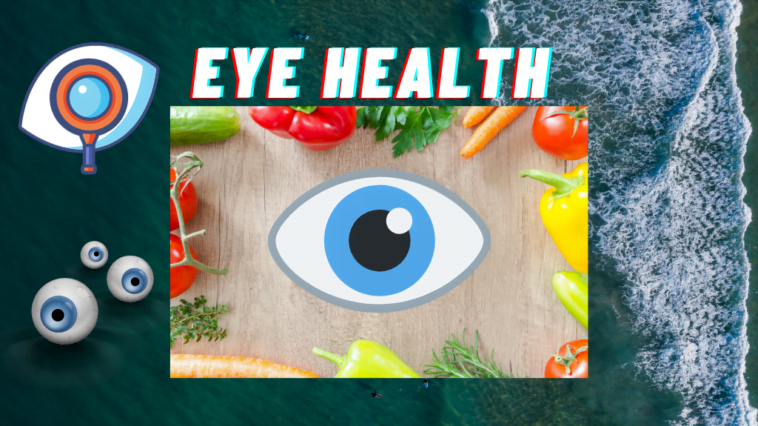
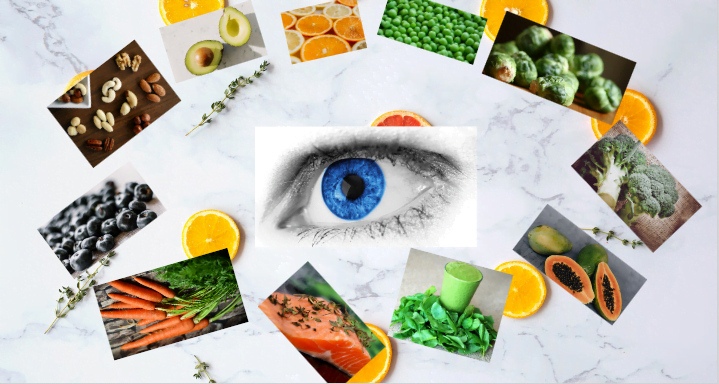
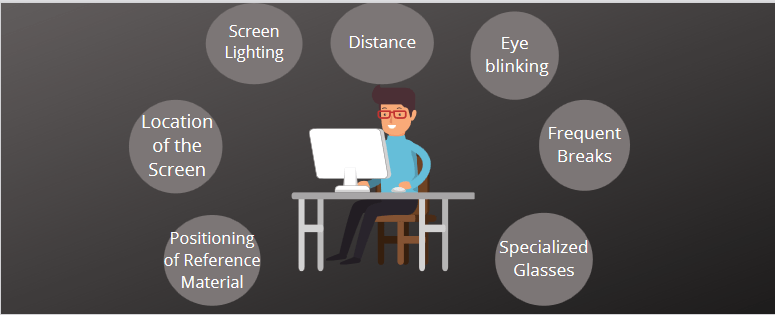

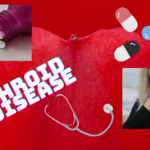
GIPHY App Key not set. Please check settings